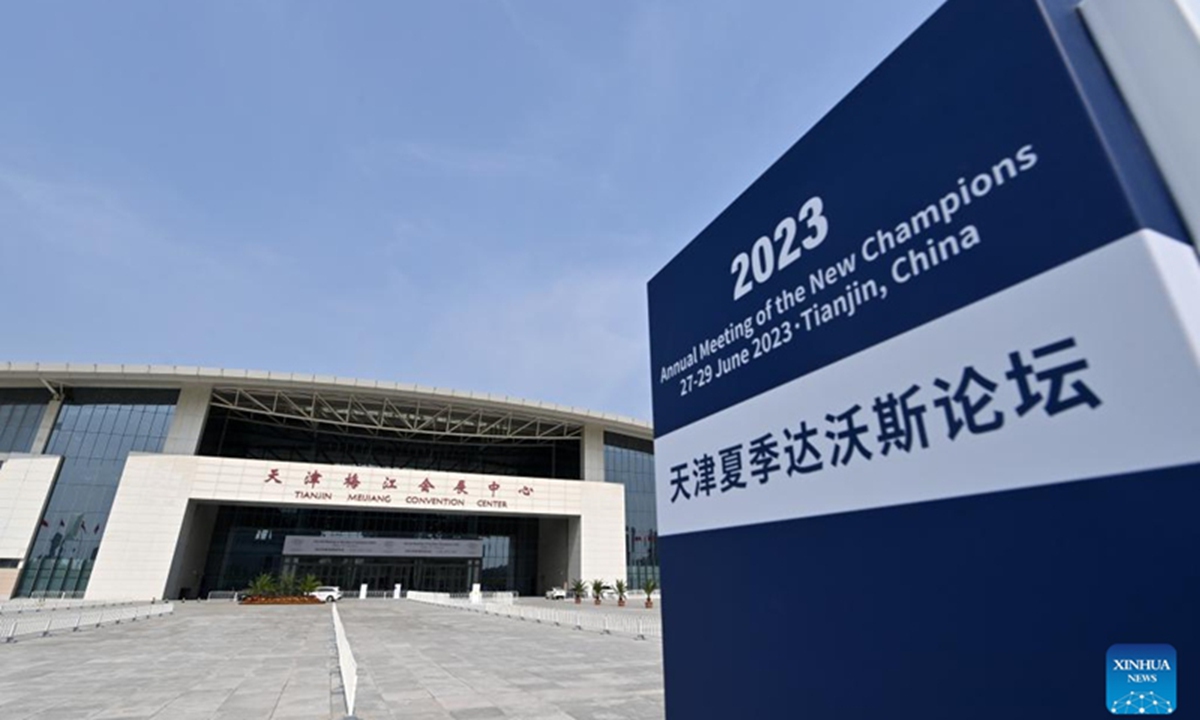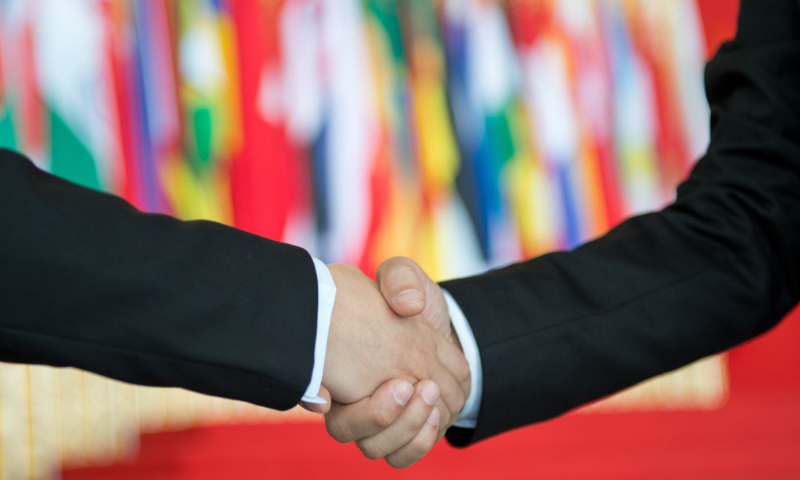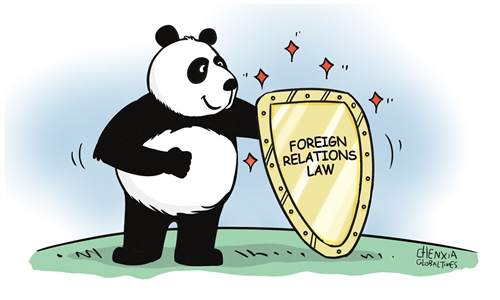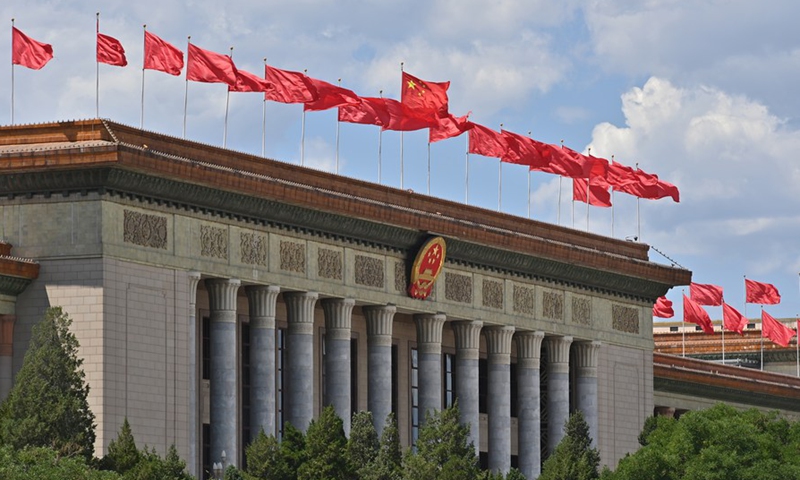PETALING JAYA: Malaysia is about to set to return to its pre-Covid-19 conditions, but with a difference.
Malaysians will have to wear masks, practise safe distancing and other health measures if they have an infection, or if they are high-risk individuals in crowded areas.
“The new protocols allow Malaysians to return to pre-Covd-19 times, but with all the public health knowledge and preventive measures internalised in them,” said Prof Dr Moy Foong Ming of Universiti Malaya’s Department of Social and Preventive Medicine.
She was commenting on the latest SOP announced by the Health Ministry as the country moves towards endemicity.
With the choice given back to the people, Dr Moy said people should weigh their own risks while co-existing with the virus.
“When they are infected or if there is an outbreak in their community, they should practise those old measures.
“The new SOP gives people the choice to put on a mask or not. Of course, those who test positive must wear a mask.
“Those in contact with patients in a hospital also need to wear a mask.
“The non-high-risk people may need to practise precaution because they can infect the high-risk persons around them, like elderly, pregnant women or immunocompromised individuals,” she said in an interview yesterday.
Prof Moy also called on the government to keep watch on any new variants globally.
Family physician Dr Raj Kumar Maharajah also said it was important to be wary of new variants.
“I support the government’s move to enforce masks for those infected. In other countries, we can see people have taken off their masks,” he said.
Dr Raj Kumar, the former president of the Medical Practitioners Coalition Association of Malaysia, said Covid-19 had become like a “common flu” now, with a significant decrease in the number of new cases and deaths.
“We should move forward, but without letting our guard down. When infected, just stay at home.
“We must be more responsible, and maintain hygiene,” he said, adding that there was no harm in continuing to use the mask outdoors.
Zaliha: Five-day quarantine from July 5

PETALING JAYA: Starting July 5, the isolation period for Covid-19 patients will be shortened from seven days to five.
This is in view of studies which showed that infectivity is high in the first five days from the onset of symptoms when the viral load is high, said Health Minister Dr Zaliha Mustafa.
She also said that the wearing of face masks would no longer be compulsory on public transport and in hospitals effective July 5.
However, she said that people with respiratory symptoms were encouraged to mask up to avoid spreading infections on public transport.
However, she said that people with respiratory symptoms were encouraged to mask up to avoid spreading infections on public transport.
Also, Covid-19 positive individuals and those handling them are required to wear face masks in healthcare facilities.
“High-risk individuals like senior citizens, those with chronic diseases, individuals with low immunity or pregnant women are encouraged to wear face masks, especially in crowded places and areas with poor ventilation,” she said in a statement yesterday.
Although the Covid-19 situation was not at a worrying level and health services were not under pressure, she said the ministry decided to extend the status of local infection areas in Malaysia, due to end today, by another six months until Dec 31.
This is to facilitate the management of the disease as there are risks of emergence of new variants and sub-variants of SARS-CoV-2 in the country.
“Apart from this, mass gatherings are expected to occur during the Hari Raya Aidiladha celebration and also the (coming) state elections, which risk contributing to an increase in cases and burdening the government healthcare service system if prevention and control measures are not fully implemented.
“It is to enable the enforcement of several provisions under the Prevention and Control of Infectious Diseases (Measures within the Infected Local Areas) (National Recovery Plan) (Transition to Endemic Phase) Regulations 2022, formulated on the powers of the minister under Subsection 11(2) of the Prevention and Control of Infectious Diseases Act,” she said.
Dr Zaliha said new Covid-19 cases had declined by 53.5% (5,801 cases to 2,698 cases) and deaths dropped by 35.3% (17 cases to 11 cases) in the past five weeks.
In terms of hospital capacity, she said the admissions of Covid-19 patients to public hospitals and bed occupancy had dropped while usage of Intensive Care Unit beds remained stable at 6% compared to the previous epidemiological week.
She also said 16,337,744 people or 50% of the country’s population had received the first booster dose while only 825,275 (2.5%) had been injected with the second booster as of June 27.
Not many wear face masks overseas, say M'sian travellers
 Entrepreneurs and industry experts exchange ideas at the Summer Davos Forum in Tianjin. Photo/Xinhu
Entrepreneurs and industry experts exchange ideas at the Summer Davos Forum in Tianjin. Photo/Xinhu






